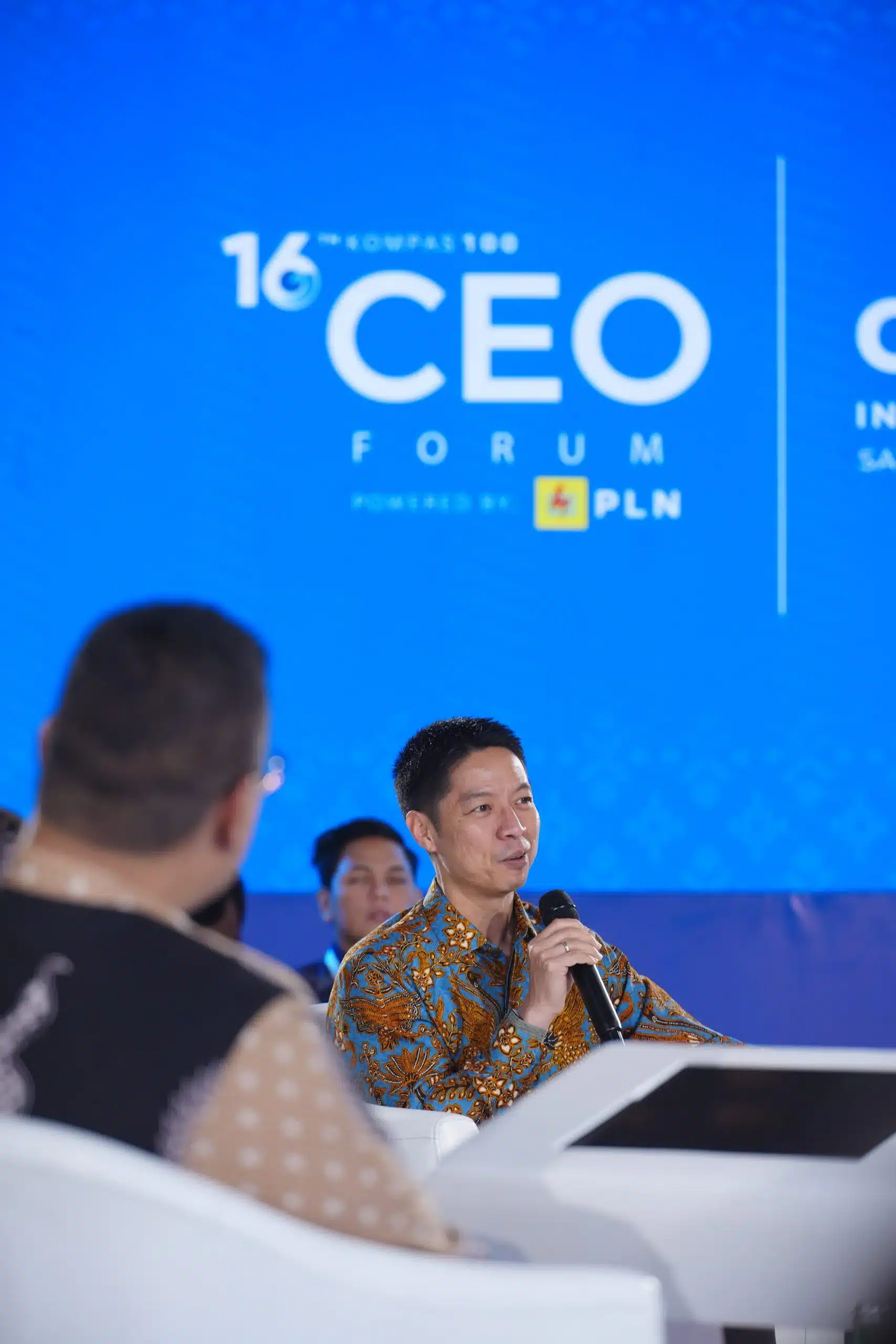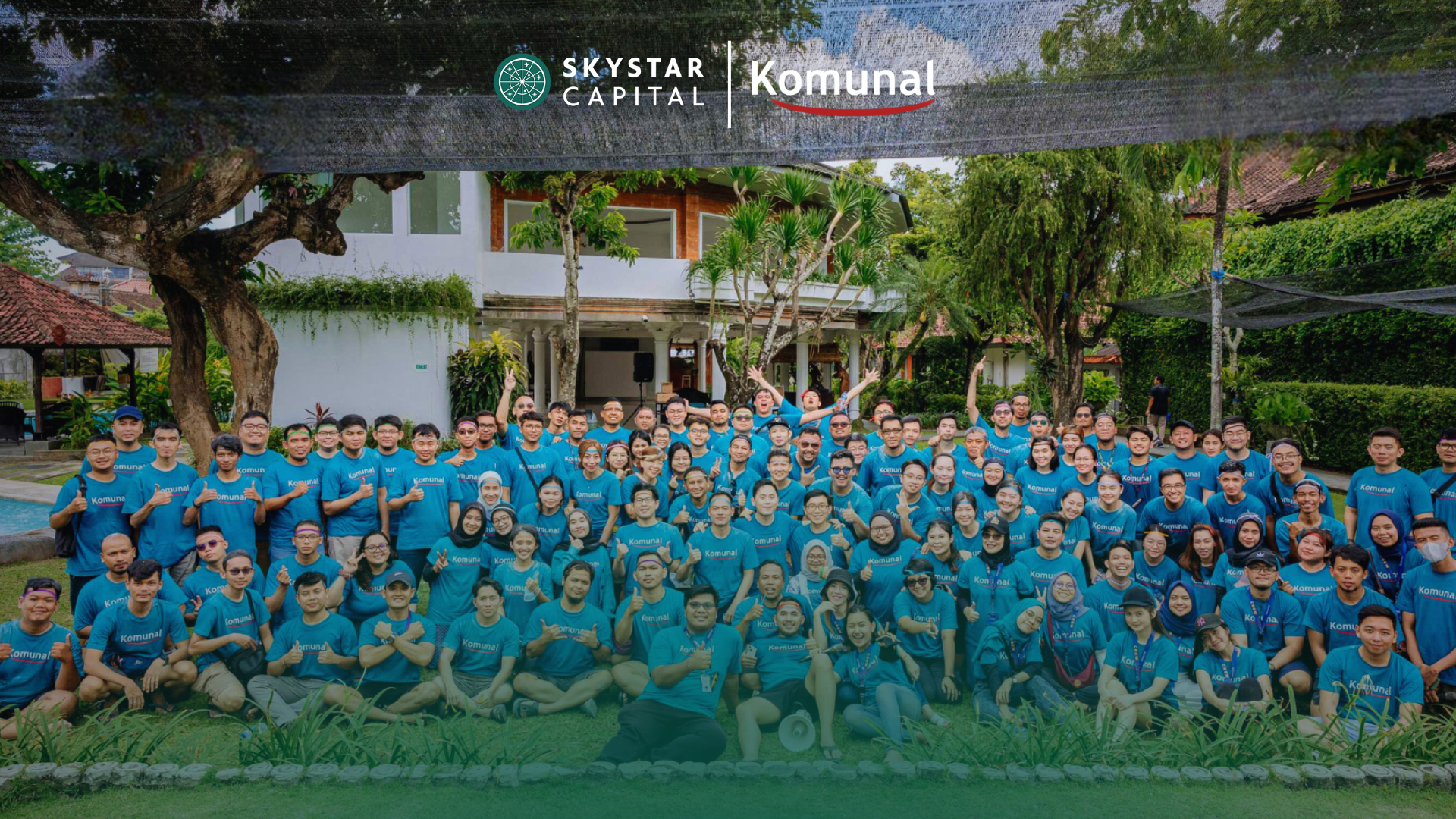Nine out of ten startups are expected to fail. According to a 2019 study conducted by Startup Genome, approximately 21.5% of startups fail in their first year of operation, 30% fail after two years, 50% fail after five years, and 70% fail after ten years. Do the same statistics apply in Indonesia? According to startupranking.com, Indonesia is home to 2,200 startups in 2021. However, this figure has decreased from 2,400 in 2020 largely due to the pandemic. So, how can we better support the startup ecosystem in Indonesia?
A growing number of startups rely on technology to solve their target audiences’ problems. With the recent technological advancements as well as the widespread use and influence of social media, technology has become ingrained in Indonesian society. Technology enables democratized access not only to information but also convenience and other instant gratifications.
However, it is not enough to have an innovative idea to grow a business. Collaboration with external parties is necessary for a variety of reasons: network expansion, publicity, and most importantly, funding. How, then, can startups obtain funding? Venture capital firms, like Skystar Capital, are a frequent source of funding for startups.
According to article 1 paragraph (11) of the Indonesian Presidential Decree 61 (1998) on Financial Institutions, a venture capital firm (commonly referred to as “VC”) is a “business entity that provides capital to an investee company that receives funding for a specified period of time.” In exchange for the funds invested, venture capital firms receive some shareholding (ownership in a portion of shares) in the investee company. But, venture capital firms can offer additional benefits outside of merely funds!
Network Synergy for Business Acceleration
Apart from capital, another benefit that startups receive from a VC is access to the VC’s network, which enables startups to pursue potential synergies or strategic business development. Additionally, startups can also tap into industry experts associated with the VCs, who can assist in providing market insights or other inputs that can accelerate the business. This is the primary reason why entrepreneurs should conduct due diligence on different VC firms prior to receiving investment: To determine the additional benefits the VC can bring.
VCs tend to specialize in particular stages of investments, which will be relevant for startups to know beforehand. For example, at Skystar Capital, we invest in startups in their early stages; typically from Seed to Series A. In other words, we focus our funding on startups that have been operating for at least 1-2 years and have achieved some product-market fit with their product or service.
Skystar Capital is dedicated to identifying and supporting startups that we believe will succeed in the next five to ten years. Of course, we do hope that at least some of our startups will be able to reach unicorn status (a term used for startups that have reached more than US$1 billion in valuation). Consequently, how would VC firms like Skystar Capital assess a startup’s potential for investment purposes?
Startups Evaluation Criteria
In general, when evaluating an early-stage startup, a VC considers three fundamental factors that we will further discuss in future articles. But, roughly speaking, these three factors are as follows:
- Team Profile: The startup is led by a strong Founder supported by a team that is experienced and capable in executing the tasks required to develop the business and ensure the startup’s continuity.
- Market Size: A startup must have a sizable market. This is because, oftentimes, the startup’s growth opportunity is proportional to its market’s size.
- Business Model: The startup’s business model details its sources of revenue. VC firms will often seek out startups with recurring revenue streams that can provide a stable and (largely) predictable income. The startup’s traction thus serves as an indicator of good product-market fit and market validation.
However, as mentioned before, the failure rate for a startup is significantly high. As such, apart from an incompatible team composition, a small or niche market, and an unsuitable business model, oftentimes lack of funding can be a key contributor to a startup’s failure. Especially during the early stages of running a startup, a significant amount of capital is required to develop a great product, acquire new customers, and build brand value in order to seize market share from incumbents.
There is no doubt that the journey to establish a successful startup is extremely challenging. While VC firms may not be the ultimate solution to all business problems, VCs can act as a catalyst for growth. Not just as a source of capital, but also as a mentor, industry expert, advisor, and certainly a strategic partner.
Skystar Capital recognizes this and hopes that by leveraging our vast network in a variety of sectors – including media and telecommunications, financial services, agriculture, healthcare, hospitality, and education – we can create a positive impact to help empower startups and facilitate growth. This column is thus a small part of our dedication as a VC firm to ensure the sustainability and continued development of Indonesia’s digital ecosystem.
Writer: Gabriella Thohir | Investment Associate at Skystar Capital | Skystar Capital – Venture Capital – Scaling Early-stage Startups in SEA and Indonesia








